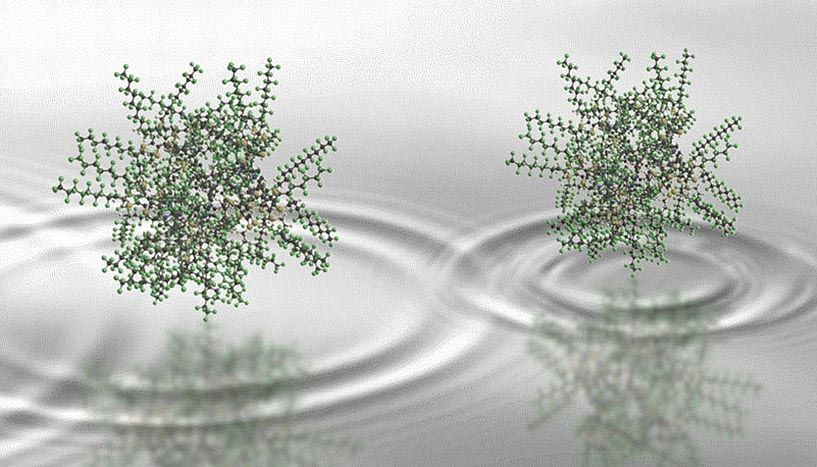The quantum superposition principle has been tested on a scale as never before in a new study by scientists at the University of Vienna in collaboration with the University of Basel. Hot, complex molecules composed of nearly two thousand atoms were brought into a quantum superposition and made to interfere. By confirming this phenomenon – “the heart of quantum mechanics”, in Richard Feynman’s words – on a new mass scale, improved constraints on alternative theories to quantum mechanics have been placed. The work was published in Nature Physics on September 23, 2019.
Quantum to classical?
The superposition principle is a hallmark of quantum theory which emerges from one of the most fundamental equations of quantum mechanics, the Schrödinger equation. It describes particles in the framework of wave functions, which, much like water waves on the surface of a pond, can exhibit interference effects. But in contrast to water waves, which are a collective behavior of many interacting water molecules, quantum waves can also be associated with isolated single particles.
